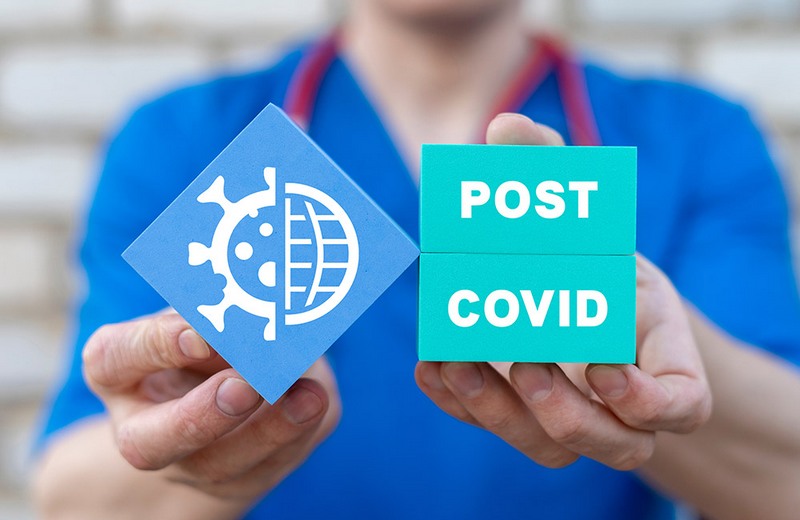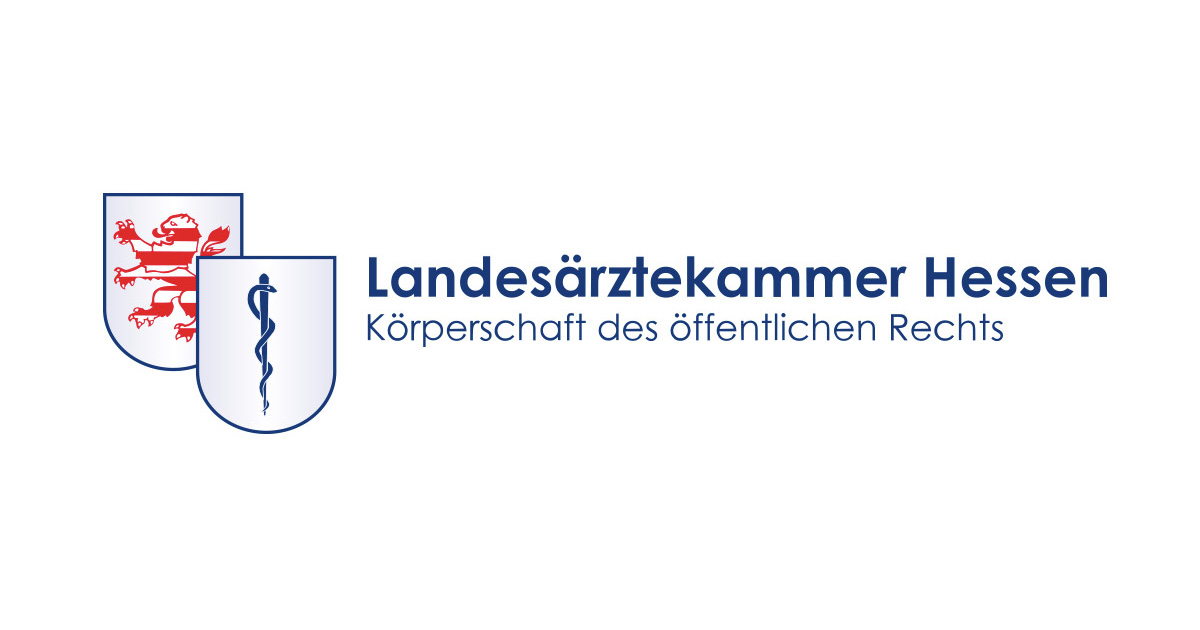Chandelier
Senior Member (Voting Rights)

(S+) Von wegen Einbildung! So mächtig sind Placeboeffekte
Placebos können verblüffend heilsam sein. Noceboeffekte hingegen können schwer krank machen. Wie unsere Erwartung die Hirnchemie verändert und warum Pferde auf Globuli reagieren.
AI Summary:
- Placebo effects are physiologically measurable and involve neurobiological mechanisms, such as the release of endogenous opioids (endorphins), particularly in pain processing. These effects can modulate peripheral nociceptive signaling.
- Nocebo effects may be equally or even more powerful than placebo effects, especially in pain contexts. Negative expectations can effectively cancel out the pharmacological effect of potent drugs, such as opioids.
- Open-label placebos (where patients are aware they are receiving a placebo) can still produce therapeutic effects, likely due to conditioning and interpretation of symptom fluctuation.
- Systemic physiological changes have been observed, including shifts in inflammatory markers, and measurable effects on the cardiovascular, gastrointestinal, and immune systems.
- "Placebo by proxy" occurs when a caregiver’s positive expectations influence the health outcomes of dependents (e.g., animals or children), relevant in veterinary medicine and pediatrics.
- Clinical communication functions as a modulator of treatment outcome: framing and verbal interaction can significantly alter therapeutic efficacy or side effect profiles.
- Nocebo effects are ethically challenging to study, as inducing negative expectations deliberately in patients conflicts with research ethics, limiting empirical data.
- COVID-19 vaccine studies show that up to 75% of systemic side effects (e.g., headache, fatigue) were due to nocebo responses, highlighting the large-scale relevance of expectation effects.
- Curricular integration is needed: Placebo and nocebo mechanisms should be part of medical training, with a focus on developing communication skills to harness positive effects and mitigate harm.
Her she refers to her study from 2011. I created a thread for it here.
In a study using the potent, short-acting opioid Remifentanil, Bingel's team investigated how expectations affect pain perception. All participants received the same dose of the drug, but were divided into three groups with different expectation settings: one was unaware treatment had begun (neutral), one was told they were receiving a powerful analgesic (positive), and one was falsely informed the medication was being stopped (negative).
The results were striking: Positive expectation nearly doubled pain relief, while negative expectation almost completely neutralized the drug’s effect — despite identical pharmacological dosing. This demonstrates that negative expectations and emotions can entirely undermine even highly effective treatments. These findings are not limited to experimental opioids but extend to everyday situations, like taking over-the-counter painkillers such as ibuprofen.
The interview ends on a note about mass-hysteria:
AI Summary:
Nocebo effects can spread epidemically when people are confronted with vague or invisible threats, such as fears of electromagnetic radiation from phones or Wi-Fi. Even in the absence of a physical cause, the symptoms experienced by affected individuals are real and distressing. Bingel is particularly interested in the mechanisms that allow negative expectations and fears to spread so rapidly in society. She believes studying these processes could help improve the way accurate and trustworthy information is communicated in the future — a responsibility that also lies with the media.











